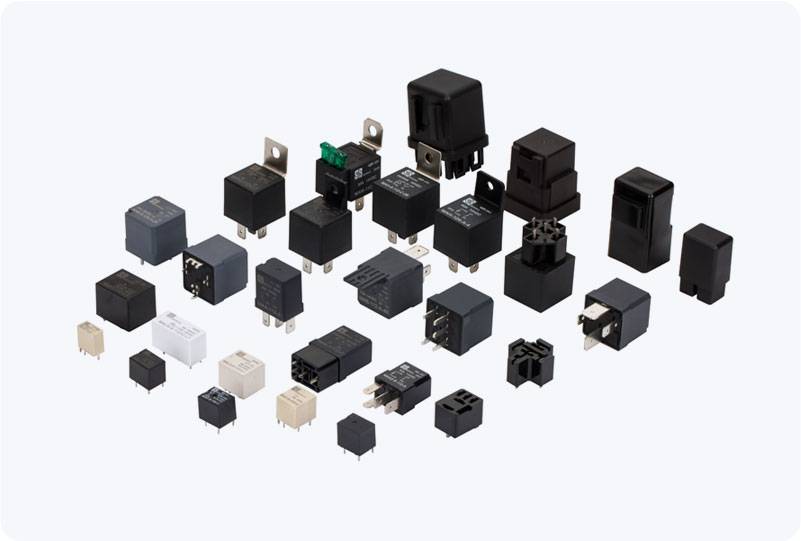Hydraulic systems play a crucial role in a variety of industries, from construction to manufacturing, automotive to aerospace. At the heart of these systems lies the hydro valve, a vital component responsible for controlling the flow, pressure, and direction of hydraulic fluids. Hydro valves are fundamental to the proper functioning of hydraulic machinery, ensuring efficiency, safety, and precision in operations. In this article, we will explore what hydro valves are, their types, functions, and their importance in modern hydraulic systems.

What is a Hydro Valve? A hydro valve, also known as a hydraulic valve, is a device used to control the flow and pressure of hydraulic fluid within a hydraulic system. These valves can direct the flow of the fluid, regulate the pressure, or control the speed of the hydraulic actuators (such as cylinders and motors). By adjusting the parameters of the fluid flow, hydro valves enable machines to perform specific tasks with high precision and power. Hydraulic systems rely on these valves to ensure that the right amount of pressure is applied at the right time and in the right direction. Without hydro valves, it would be impossible to manage the hydraulic power required for complex mechanical operations, such as lifting heavy loads, moving machinery, or providing steering in construction equipment.